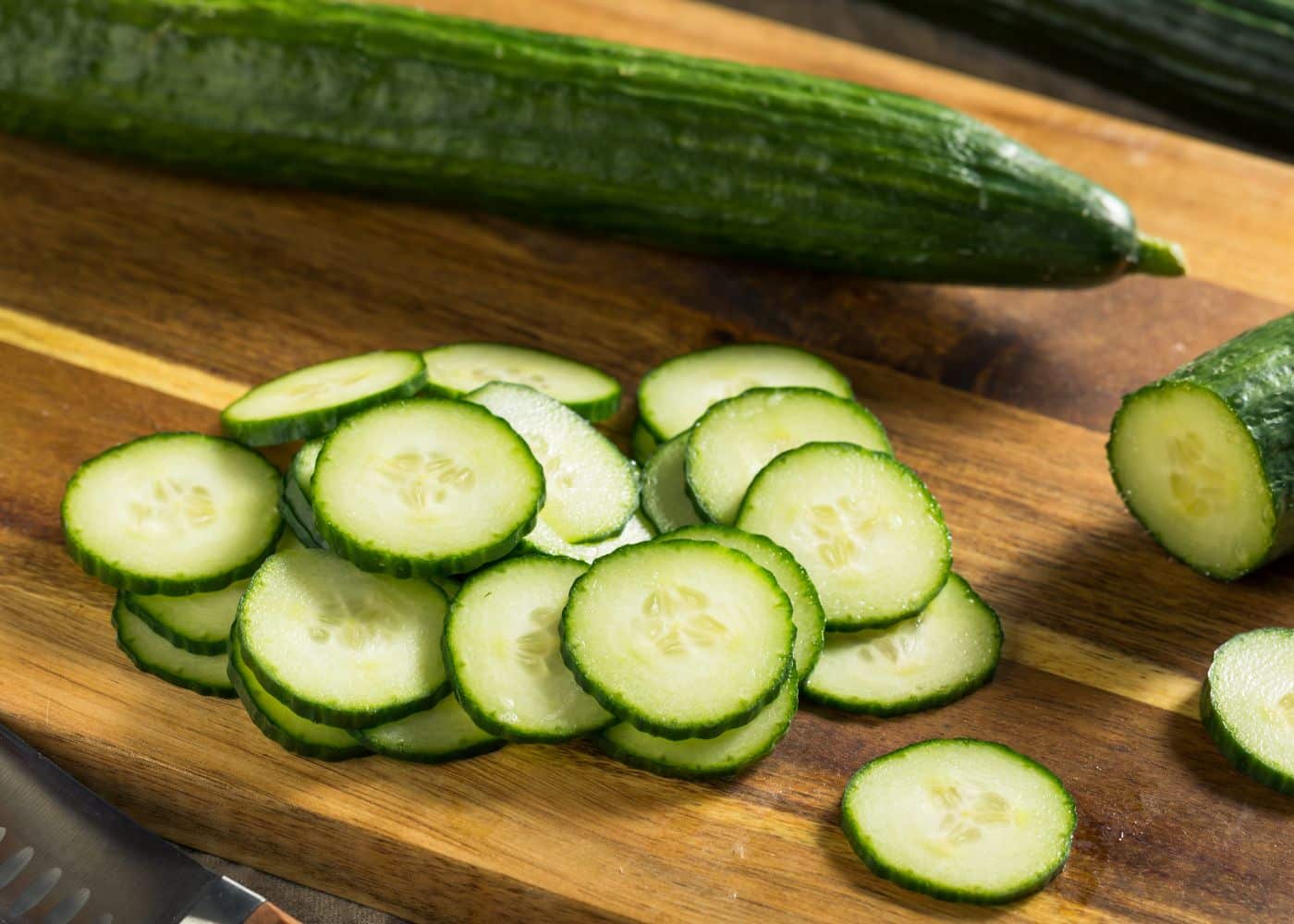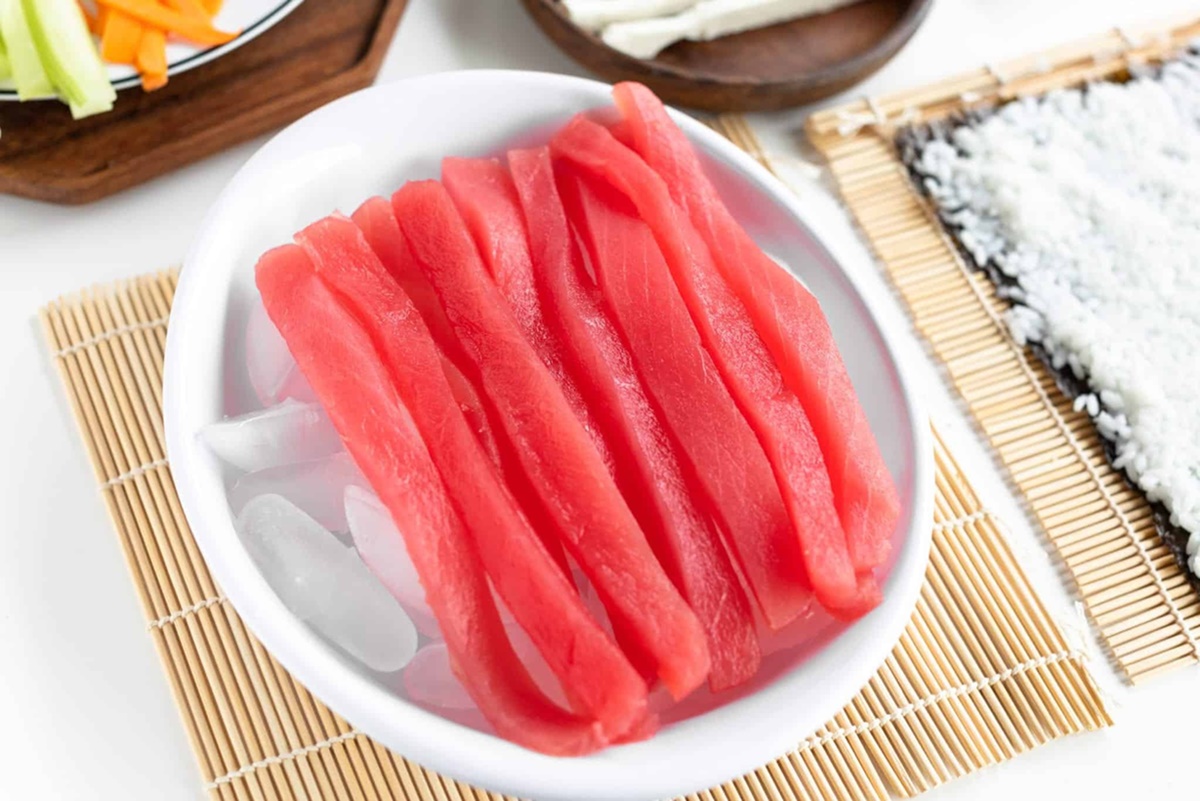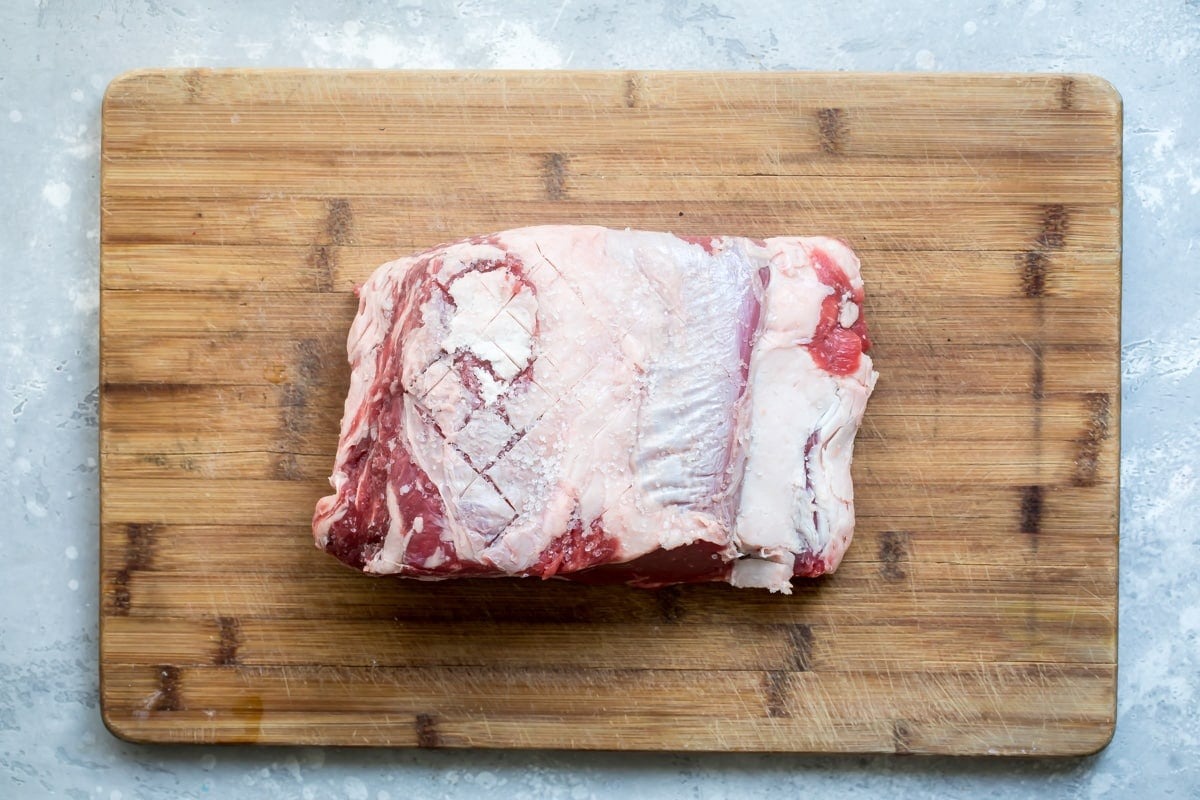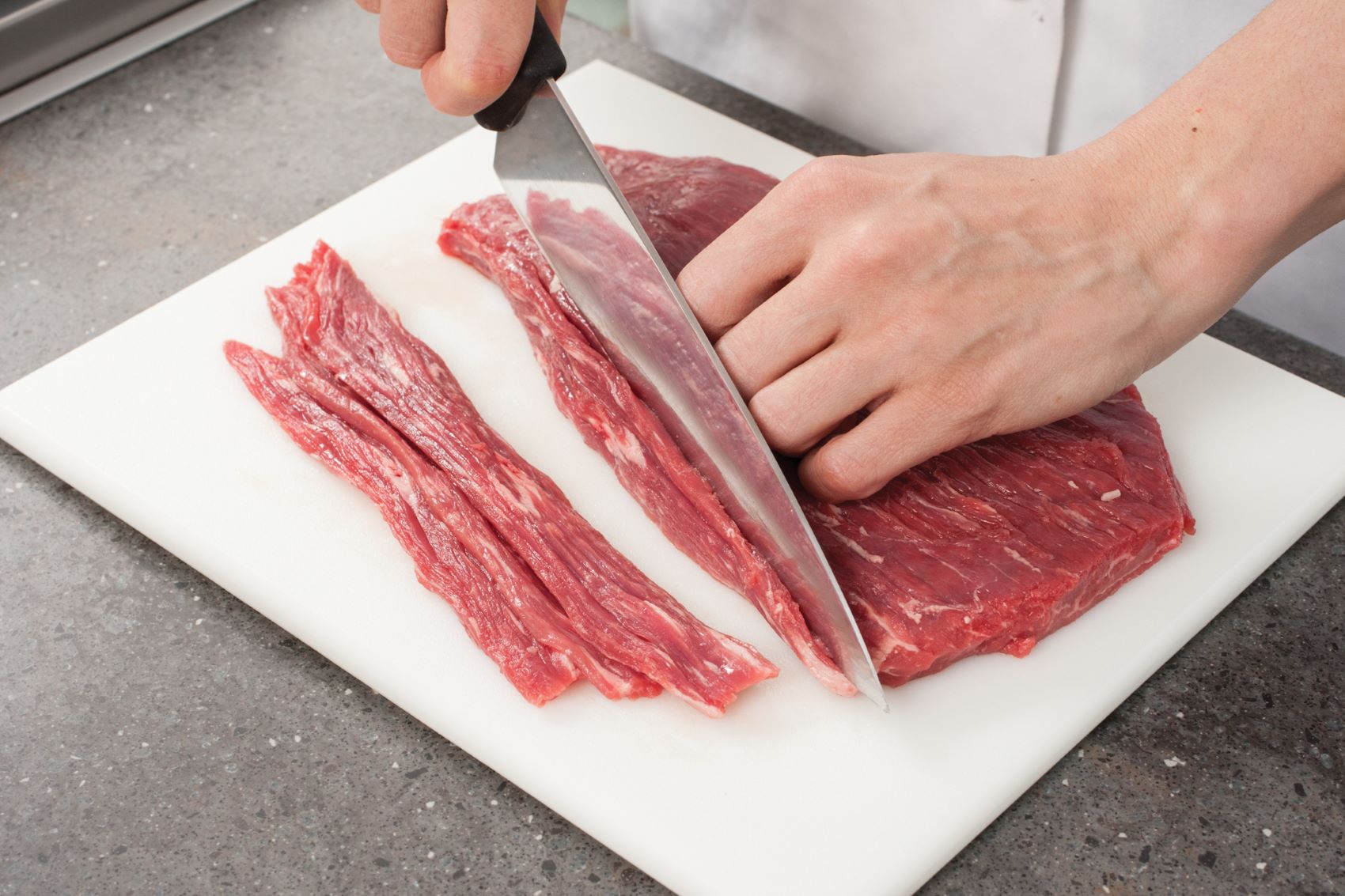How to Cut Veggies for Sushi
Sushi is a delicious and popular Japanese dish that typically includes a combination of fresh fish, rice, and vegetables. While fish is often the star of the show, veggies play an important role in enhancing flavors and adding vibrant colors to your sushi rolls. In this article, we will guide you on how to cut veggies for sushi like a pro!
1. Choose your veggies
Start by selecting a variety of fresh and crisp vegetables that will add both texture and taste to your sushi rolls. Some popular vegetable options for sushi include:
Feel free to get creative and experiment with different veggies to create unique and flavorful combinations.
2. Prepare your veggies
Once you have chosen your veggies, it’s time to prepare them for your sushi rolls:
- Wash and peel: Give your vegetables a thorough wash to remove any dirt or impurities. Peel the skin off vegetables like carrots and radishes if desired.
- Cut into strips: Slice your vegetables into thin, long strips. This will make it easier to roll them into your sushi.
- Julienne: For some veggies like carrots, cucumbers, and bell peppers, you can also julienne them into matchstick-sized pieces. This adds visual appeal and makes them easier to eat.
- Remove seeds: If using vegetables like bell peppers or cucumbers, make sure to remove the seeds to prevent any unwanted texture in your sushi rolls.
3. Blanch or marinate (optional)
To enhance the flavors of your veggies, consider blanching or marinating them before adding them to your sushi rolls. Blanching involves quickly boiling the vegetables and then transferring them to an ice bath to stop the cooking process. This helps to retain their vibrant colors and crispness. Marinating your veggies in a mixture of soy sauce, rice vinegar, and a touch of sugar can add a delightful tangy flavor.
4. Arrange your veggies in the sushi roll
Now that your veggies are ready, it’s time to roll them into your sushi! Spread a thin layer of sushi rice on a sheet of nori (seaweed), leaving a small border at the edge. Place your desired veggies in a row along the center of the rice. Be creative with your combinations and colors to make your sushi visually appealing.
5. Roll and slice
Carefully roll the nori and rice tightly around the veggies, using a bamboo sushi mat to help you create a neat and firm roll. Once rolled, use a sharp knife to slice the sushi roll into bite-sized pieces. Dip the knife in water between each slice to prevent the rice from sticking.
Voila! You have successfully cut the veggies for your sushi rolls. Now it’s time to enjoy your delicious homemade sushi! Remember to have fun and experiment with different veggie combinations until you find your favorite.
Do you have any unique tips or tricks for cutting veggies for sushi? Let us know in the comments below!
For those eager to master their veggie-cutting skills for sushi, there are several recipes to try that will put these techniques to good use. The Classic California Roll Recipe is a great starting point, blending simplicity with the basics of veggie slicing. For those craving a bit of heat, the Spicy Tuna and Veggie Sushi Roll offers a delightful mix of flavors and textures. The Rainbow Roll with Fresh Veggies, with its vibrant colors and variety of cuts, is perfect for impressing guests. Those who prefer plant-based options can try the Vegan Sushi Roll with Avocado and Cucumber, which showcases the freshness of finely sliced veggies. Lastly, the Crunchy Tempura Veggie Sushi provides a satisfying crunch that contrasts beautifully with the soft rice and nori. Each of these recipes highlights different aspects of veggie preparation, making them ideal for practicing and perfecting your skills.
Was this page helpful?
Read Next: How To Cut Chicken Into Small Pieces











